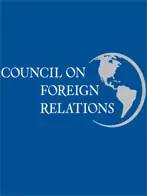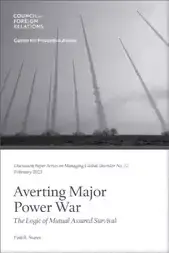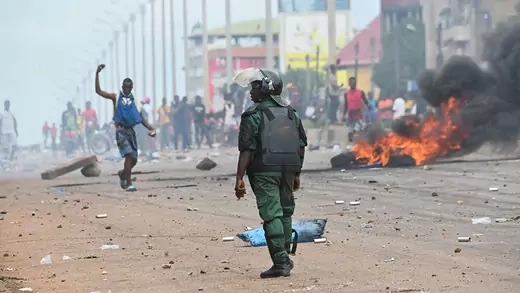- Iran
- Israel-Hamas
-
Topics
FeaturedIntroduction Over the last several decades, governments have collectively pledged to slow global warming. But despite intensified diplomacy, the world is already facing the consequences of climate…
-
Regions
FeaturedIntroduction Throughout its decades of independence, Myanmar has struggled with military rule, civil war, poor governance, and widespread poverty. A military coup in February 2021 dashed hopes for…
Backgrounder by Lindsay Maizland January 31, 2022
-
Explainers
FeaturedThis interactive examines how nationwide bans on menthol cigarettes and flavored cigars, as proposed by the Biden administration on April 28, 2022, could help shrink the racial gap on U.S. lung cancer death rates.
Interactive by Olivia Angelino, Thomas J. Bollyky, Elle Ruggiero and Isabella Turilli February 1, 2023 Global Health Program
-
Research & Analysis
Featured
Terrorism and Counterterrorism
Violence around U.S. elections in 2024 could not only destabilize American democracy but also embolden autocrats across the world. Jacob Ware recommends that political leaders take steps to shore up civic trust and remove the opportunity for violence ahead of the 2024 election season.Contingency Planning Memorandum by Jacob Ware April 17, 2024 Center for Preventive Action
-
Communities
Featured
Webinar with Carolyn Kissane and Irina A. Faskianos April 12, 2023 Academic and Higher Education Webinars
-
Events
FeaturedJohn Kerry discusses his work as U.S. special presidential envoy for climate, the challenges the United States faces, and the Biden administration’s priorities as it continues to address climate change.
Virtual Event with John F. Kerry and Michael Froman March 1, 2024
- Related Sites
- More
November 17, 1999
TradeIntroduction Governor Adlai E. Stevenson thought trade policy was boring; he once described it as one field where the greatest need is for fresh clichés. He had a point. In the long period that th…
October 5, 2000
Financial MarketsOverview In the wake of the 1997-98 financial crises in emerging economies, many prominent thinkers focused their energies on what went wrong, how it could have been prevented, and what reform mea…

February 27, 2023
Conflict PreventionAlthough no two major powers have openly fought in over three-quarters of a century, growing tensions between the United States, China, India, and Russia threaten renewed conflict. CFR’s Paul B. Star…

August 25, 2022
West AfricaThe Global Fragility Act allows the United States to encourage greater stability in Benin, Ghana, Guinea, Ivory Coast, and Togo over the next ten years, argues Eric Silla, though it will be contentio…

March 15, 2017
GreeceSteven A. Tananbaum Senior Fellow for International Economics Robert Kahn writes that Greece and its creditors are again locked in a showdown over reforms, cash, and debt relief. Another cliff-hanger ahead of heavy July debt payments looks likely. Extend-and-pretend is a dead end for Greece and an increasingly populist Europe, and a more ambitious agreement seems ruled out by bailout fatigue in creditor countries. Markets are once again underestimating the risks of “Grexit.”
 Online Store
Online Store